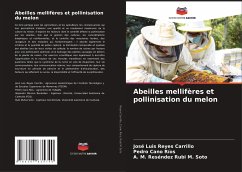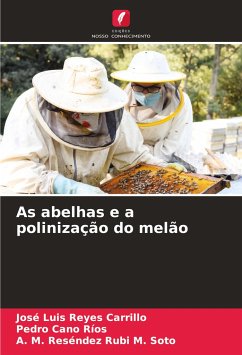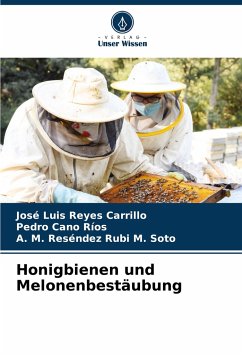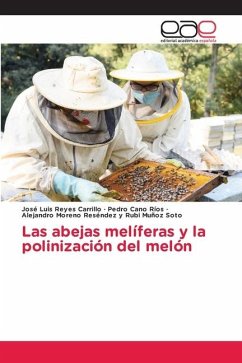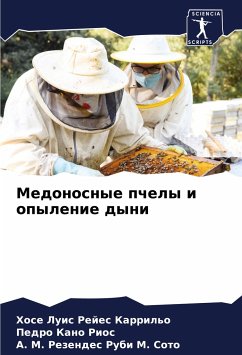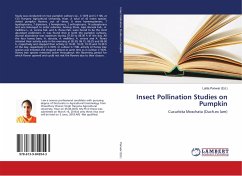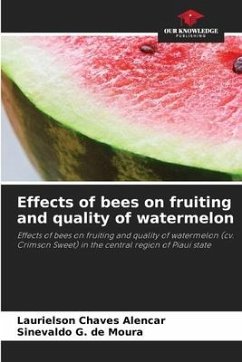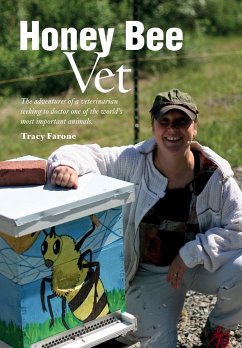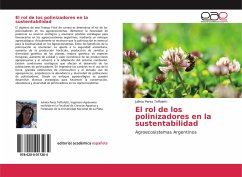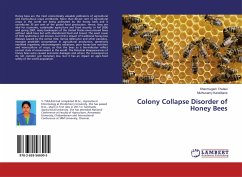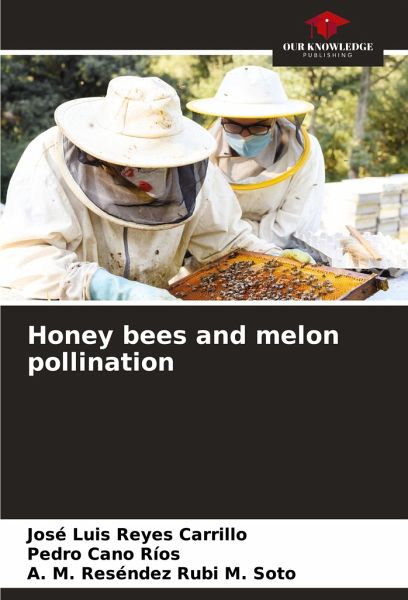
Honey bees and melon pollination
Versandkostenfrei!
Versandfertig in 6-10 Tagen
56,99 €
inkl. MwSt.

PAYBACK Punkte
28 °P sammeln!
This book shares knowledge with farmers and beekeepers that will lead them to achieve maximum quality and yield of the melon crop. It explores factors whose control affects bee pollination, such as crop management, edaphic and nutritional considerations, and the control of weeds, pests and diseases that damage it; it also addresses issues on the pattern and quantity of pollen capture, the temporal and spatial distribution of bees during their collection visits, the number of hives per hectare for optimum pollination, and the grazing of wild plants that are alien to the melon plant. This scient...
This book shares knowledge with farmers and beekeepers that will lead them to achieve maximum quality and yield of the melon crop. It explores factors whose control affects bee pollination, such as crop management, edaphic and nutritional considerations, and the control of weeds, pests and diseases that damage it; it also addresses issues on the pattern and quantity of pollen capture, the temporal and spatial distribution of bees during their collection visits, the number of hives per hectare for optimum pollination, and the grazing of wild plants that are alien to the melon plant. This scientific exercise also seeks to increase appreciation and respect for these hard-working insects by examining topics such as the hive disappearance syndrome, their community life, their internal communication, their food capture behavior in times of scarcity and the phenomenon of Africanization, factors that affect survival, availability and pollination efficiency.





